A/c units are generally powered by electricity, which is made from nonrenewable fuel sources. Using electricity requires a big amount of energy, which produces carbon dioxide. At extreme levels, this greenhouse gas can trap heat near the planet’s surface. This contributes to such environment damage as global warming. So when you use an a/c, you’re contributing to greenhouse gas emissions. However, newer models are more energy efficient and use less electricity than older models.
The U.S. Department of Energy approximates that new a/c can save as much as 20 percent more energy over ten years than older models.
Is an Outdated Air Conditioner System Worse for the Environment?
Your air conditioning unit is accountable for keeping your house cool in the summer. It’s also among the most energy-efficient systems you can install in your home. The issue is that some individuals do not realize how much damage an out-of-date AC system can do to the environment.
If your a/c system is outdated and ineffective, it will likely burn more electricity than newer systems and may be using more energy than necessary. This suggests that you’re paying more money on your power bill while producing more greenhouse gas emissions into the environment. And if they have not been maintained properly, they can leak refrigerant into the atmosphere. This is an environmental hazard in addition to possibly detrimental to your health if it’s inhaled or touched.
How to Decrease Your Impact on the Environment
A/c systems have a substantial impact on the environment and can cost more than other types of cooling systems. The good news is that there are ways to minimize your impact on the environment.
Air conditioners can be recycled and parts can be reused. The EPA approximates that 50 percent of units are still in working order after ten years and could be recycled instead of disposed. In addition, the majority of air conditioners are energy efficient, so it makes sense to keep them operating as long as possible. When you’re ready to upgrade your system, buy an Energy Star certified model that meets strict requirements for energy efficiency, performance and indoor air quality.
Here are some ideas to decrease your effect on the environment with your air conditioning unit:
- Use a programmable thermostat and set it to 78 degrees or higher when you’re not home. This will permit the air conditioning system to run less frequently. This will reduc its energy use and lowers your utility bills.
- Clean or change filters regularly because filthy filters restrict air flow and decrease efficiency.
- Use fans when possible instead of switching on the air conditioner unit. Fans cool most people by distributing air around the body, while central air conditioning cools entire spaces by removing hot air from inside the house and replacing it with cooler outside air through vents throughout your home. If you use fans during hot weather, turn them off when using your central a/c system. This will help avoid unnecessary energy usage when cooling needs are greatest.
New Air Conditioners have Improved Environmental Ratings
Today’s air conditioners use about 2 percent of all electricity consumed in the United States. They account for about 6 percent of all energy usage in homes, according to Consumer Reports. The magazine says that’s because newer units use far less energy than older ones did.
The EPA states that new air conditioners have improved environmental ratings. It says that an Energy Star-rated unit uses at least 15 percent less energy than a standard model. It also has functions like timers and remote controls that let you change temperature levels from anywhere in your home. Even when you’re away. The agency adds that Energy Star-rated units even use less water because they do not run until they reach their preferred temperature levels.
Energy Star-Rated Models Installed by North Star Heating & Air Conditioning in West Jordan, UT.
As you shop for a new HVAC unit you may see that some styles have an ENERGY STAR rating and others don’t. What’s the difference?
The Energy Rating label on your HVAC system tells you how much energy it uses and just how much CO2 it produces. It also gives you an idea of how efficient your unit is and just how much money you’ll save on your electricity bill.
When you have questions about your HVAC, call North Star Heating & Air Conditioning in West Jordan, UT. at (801) 285-9022. Let us help you navigate through the process. Our crew will manage everything with your air conditioning installation and make certain you are getting the best, most energy efficient unit for your house.
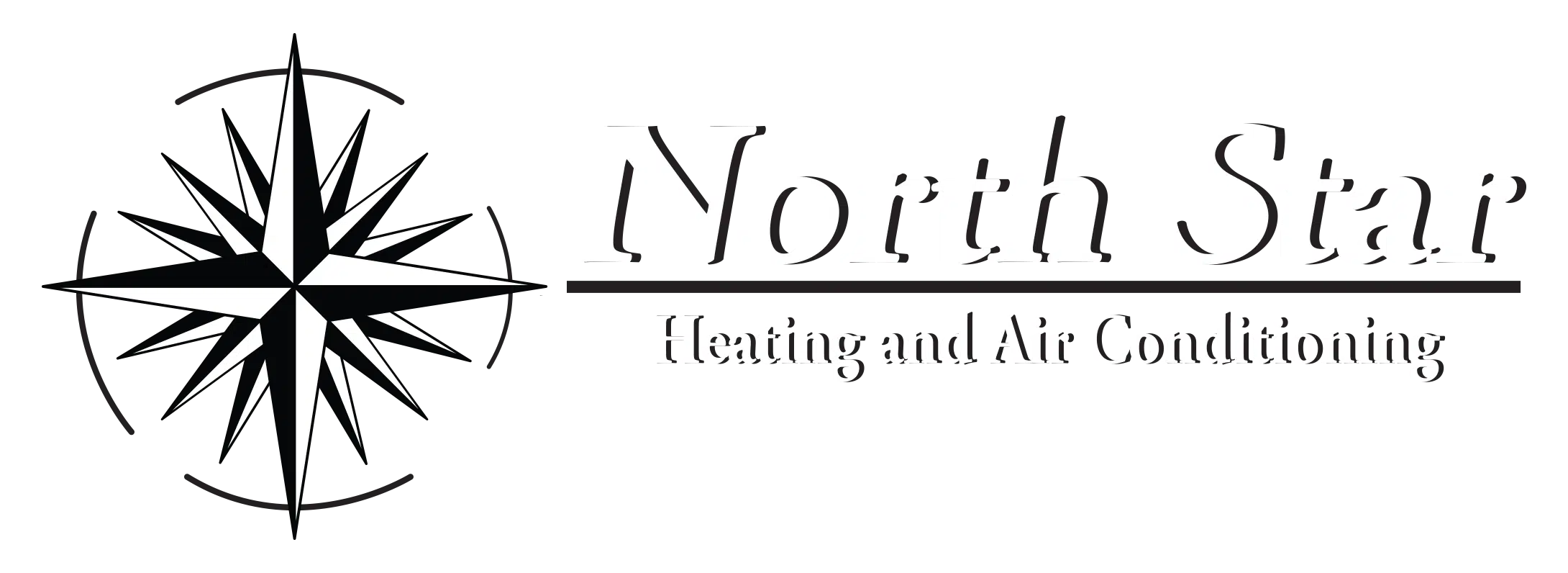
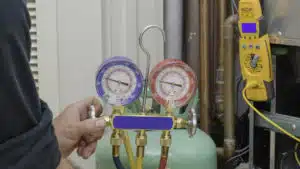
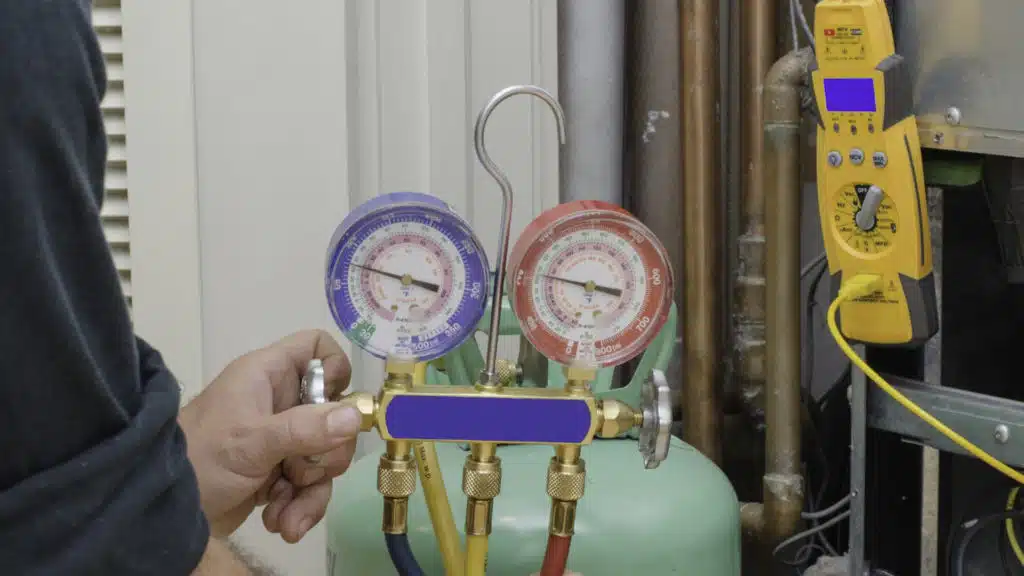
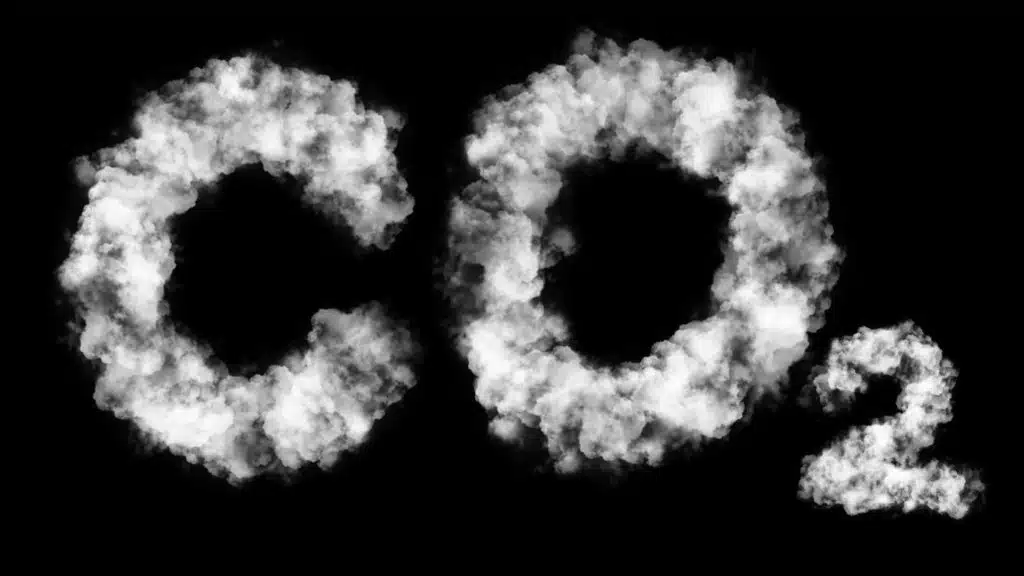
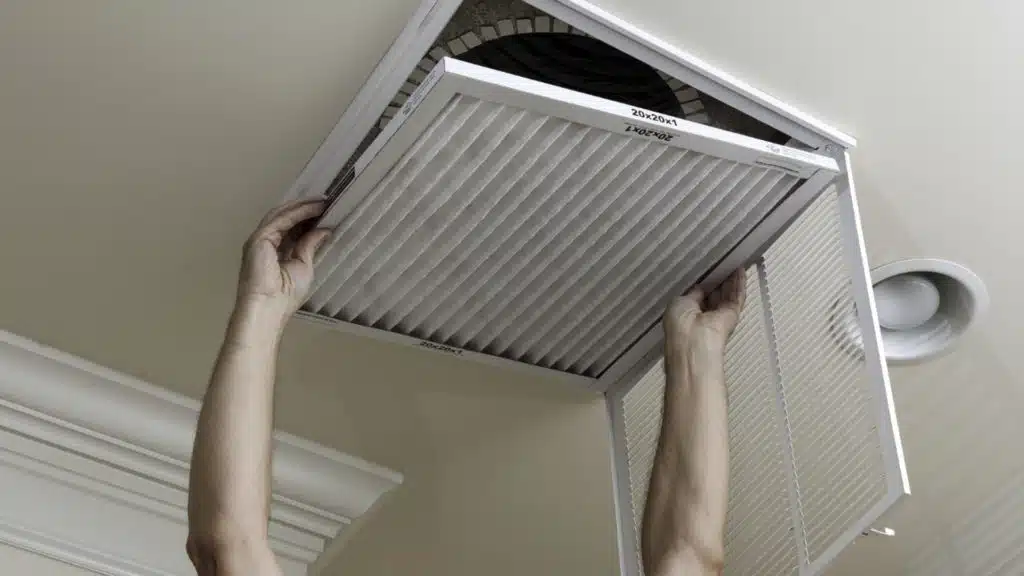
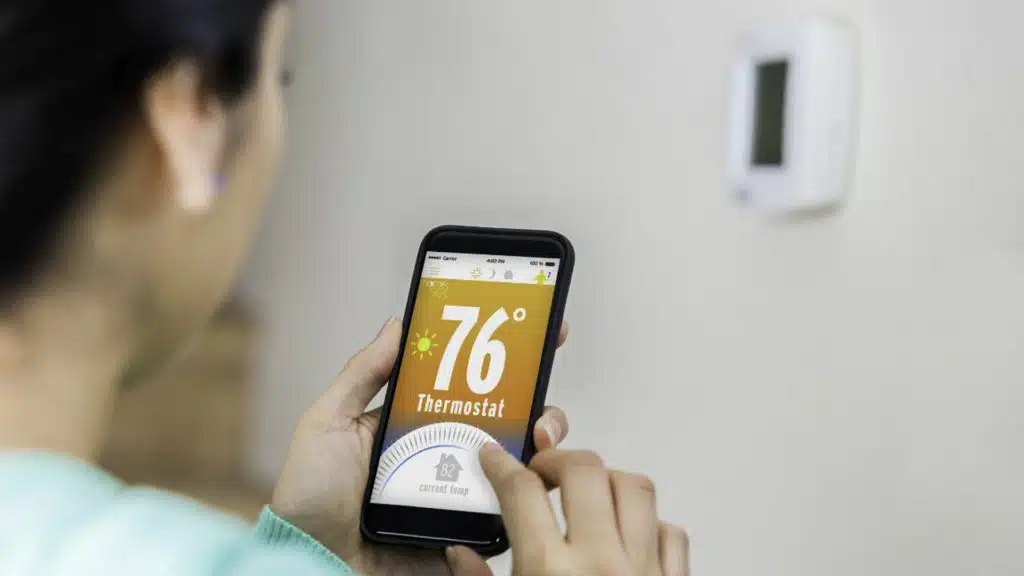
 Learn About Basement HVAC Installation
Learn About Basement HVAC Installation